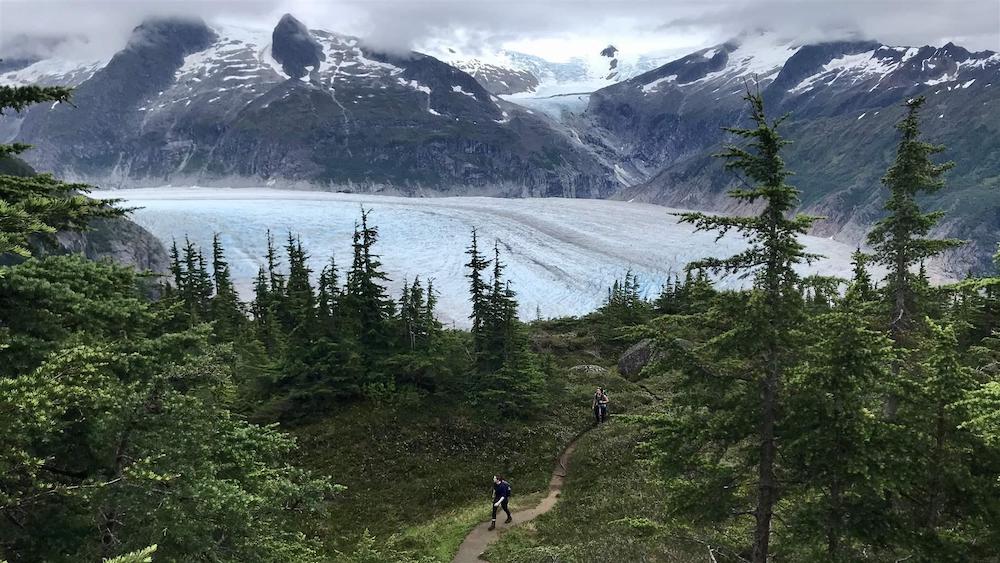
- Details
- By Tribal Business News Staff
- Sovereignty
Alaska's congressional delegation last week announced plans to reintroduce legislation that would allow five landless Native communities to claim thousands of acres of federal land.
Sens. Lisa Murkowski and Dan Sullivan, both Republicans, introduced the Unrecognized Southeast Alaska Native Communities Recognition and Compensation Act on Thursday to correct the omission of the communities from the Alaska Native Claims Settlement Act of 1971 (ANCSA). The legislation mirrors prior bills that Murkowski and Sullivan have introduced in the past, beginning in 2020.
The newly proposed bill would amend ANCSA to allow the Alaska Native communities of Haines, Ketchikan, Wrangell, Petersburg, and Tenakee to form urban corporations and receive land entitlements. The five communities were not included in ANCSA, which distributed 44 million acres of land and $1 billion among 200 regional, village and urban corporations to settle claims with the U.S. government.
Rep. Mary Peltola (Yup'ik), a Democrat who is also the first Alaska Native to serve in Congress, plans to file a related measure in the House this week, according to a statement.
“Our Landless legislation will provide for rightful Native ownership of lands that these five communities are entitled to under ANCSA,” Murkowski said in a statement. “Alaska Native leaders in these communities are asking for no more than the opportunity granted to other Native communities 50 years ago. I urge colleagues on both sides of the aisle to look at the facts and help us get this done, so we can finally put an end to more than half a century of injustice in Southeast Alaska.”
Under the proposed legislation, each of the five Native villages would be allowed to form a federally recognized urban corporation that would be eligible to claim 23,040 acres of land in southeast Alaska.
The land could provide new opportunities for economic growth and self-determination, Peltola said in a statement, adding it is “past time that we correct this error.”
The proposed legislation faces a long road to passage if past efforts are any indication. Previous bills have faced opposition from environmentalists and recreational users concerned about losing access to the land that would be granted.
